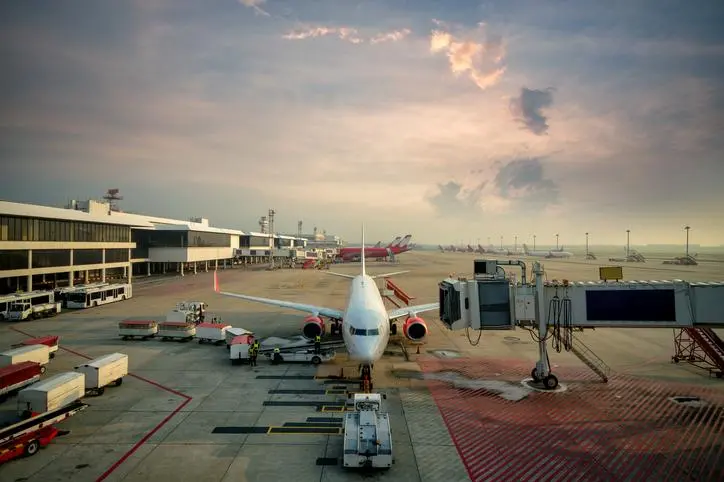PHOTO
Heightened quarantine measures and red tape have created air cargo bottlenecks, delaying the delivery of critical supplies and endangering lives, industry sources have warned.
The current health crisis has seen airlines around the world shutting routes and grounding almost their entire passenger fleet, which usually transports almost half of air cargo shipments.
The reduced airfreight capacity means that some supplies, including those ordered by consumers online, as well as food and medical equipment used to treat coronavirus patients, are taking longer times to get delivered. The situation is compounded by surging demand for essentials, as people around the world are stockpiling goods to get through self-isolation.
Airlines are scrambling to meet the gap between high demand for cargo flights and limited capacity by introducing freighter services and using passenger aircraft to transport goods.
However, as governments tighten border controls, some flights loaded with life-saving medical supplies and equipment have been grounded due to “cumbersome and bureaucratic processes” to secure slots and operating permits, said Alexandre de Juniac, director general and CEO of the International Air Transport Association (IATA).
Juniac said governments should take urgent measures to ensure that vital air cargo supply lines remain open, efficient and effective.
“These delays are endangering lives. All governments need to step up to keep global supply chains open,” Juniac said.
Governments around the world, including those in the European Union, have agreed to shut their borders to foreign visitors, prompting airlines to ground their fleet.
The UAE had also ordered a two-week suspension of inbound, outbound and transit flights as part of precautionary measures to flatten the curve of coronavirus infections.
Some supermarkets in the region have recently chartered special flights to bring in additional food supply from overseas to meet surging demand from consumers.
Solutions
Juniac has suggested a series of measures to ensure cargoes are delivered as quickly as possible during these unprecedented times, and these include:
- Introducing fast track procedures for overflight and landing permits for cargo operations, particularly in key manufacturing hubs in Asia - China, Korea and Japan - in response to the increased number of cargo charters replacing suspended passenger flights.
- Exempting flight crew members who do not interact with the public from 14-day quarantine requirements.
- Supporting temporary traffic rights for cargo operations where restrictions may apply.
- Removing overflight charges, parking fees, slot restrictions and other “economic impediments” to support air cargo operations.
- Removing operating hour curfews for cargo flights to facilitate the most flexible global air cargo network operations.
(Reporting by Cleofe Maceda; Editing by Mily Chakrabarty)
#CARGO #AVIATION #HEALTHCARE #CORONAVIRUS
Disclaimer: This article is provided for informational purposes only. The content does not provide tax, legal or investment advice or opinion regarding the suitability, value or profitability of any particular security, portfolio or investment strategy. Read our full disclaimer policy here.
© ZAWYA 2020




















